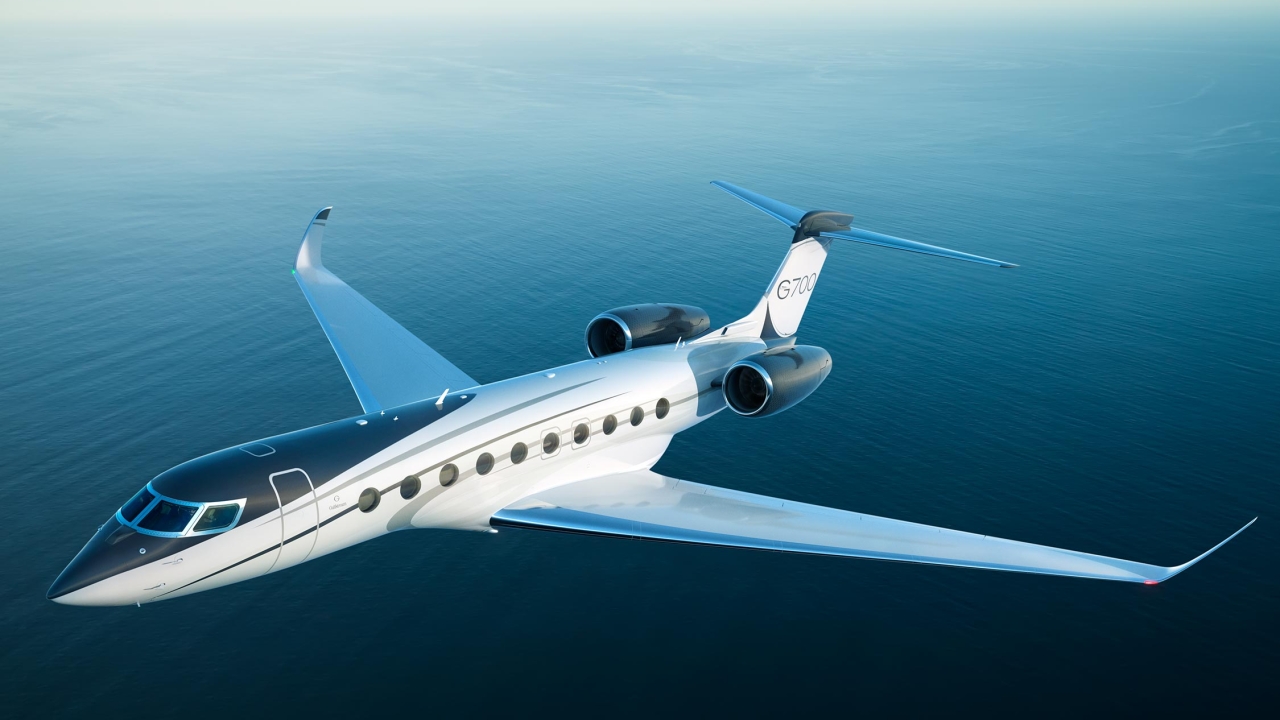Bristow floats fixed-wing passenger service in Nigeria
One of the world’s major helicopter operators is planning a fixed-wing service in Nigeria. Alan Dron finds out more.

Bristow is a name more normally associated with helicopter transport to offshore rigs, but the Houston-based company is embarking on a new project in southern Nigeria.
The company has signed a memorandum of understanding (MoU) with the government of Bayelsa state to provide a start-up fixed-wing passenger service for the region.
Under the MoU, Bristow will provide dedicated charter services for private passenger flights between the Bayelsa state capital Yenagoa and locations throughout the rest of the country. Initial destinations will include Lagos and Port Harcourt, with more to be added if sufficient demand emerges.
The MoU was signed in late February at Yenagoa Ox-Bow Lake, which will be the base for the new operation.
Services using a Cessna 208 floatplane are scheduled to start in early 2019 after safety risk assessments and other administrative details are agreed with the country’s regulatory authorities.
The services will be the first of their kind with any government agency in Nigeria, says the company.
The signing ceremony was marked by Bayelsa government representatives taking a flight in the aircraft. “Today’s flights are the foundation for connecting Bayelsa to other parts of Nigeria by air,” said Bristow’s area manager for Africa, Dapo Oyeleke. “There is a great deal of interest in this service and this agreement gives us an advantage in the market. We look forward to serving the state of Bayelsa and the country of Nigeria with these flights.”
The new company, to be called Bayelsa Airlines according to a release by the state’s government, will have the task of easing transportation for commuters, both within and beyond the state. The state lies in the Niger Delta, making a floatplane particularly suitable.
Bayelsa governor, Seriake Dickson, said the partnership with Bristow was intended to improve communication links with the outside world and bring more business and tourists to the southern state. The region has Nigeria’s largest oil and gas deposits and a major petroleum sector.
“Today, we are here to witness a seaplane land in Yenagoa in furtherance of our objective of taking Bayelsa to the world and bringing the world to Bayelsa,” said Dickson.
The state, he added, was a well-kept secret, which meant it was important for the state government to create a conducive atmosphere for private sector companies such as Bristow to tap the potential that it offered.
He urged local residents to make use of the new Bristow-organised service, which will be able to operate from either water or conventional runways, rather than first travelling out of the state to begin their air journeys.
The start of the Bristow service is the latest in a series of measures being taken by the Bayelsa government to improve transport links to and from the region. Bayelsa Cargo International Airport is due to come into service around the time this issue of African Aerospace is published.
Work has been under way on the airport for several years; the state government has said that the slow pace of work is a result of a sharp drop in funding allocations to the state from the federal government.
Speaking on local television last year, the managing director of Bayelsa Airlines, Okobaundu Ungbuku, said that the federal government had been due to fund the terminal building and the air traffic control tower, but up until then, the money had not appeared and that the Bayelsa state government had had to fund the project itself.
Several planned completion dates for the airport have passed. But, in March this year, governor Dickson said that the first aircraft to land at the international airport was expected in June. He said that funds had been set aside for the completion of the airport, which will have a 3.5km-long runway.
Stay up to date
Subscribe to the free Times Aerospace newsletter and receive the latest content every week. We'll never share your email address.

